7 Common Mistakes Game Developers Make
Sharing my experience with a number of people as a Game Developer
Hello, buddies! First of all, I would like to say "Thanks" for the Games that I played. Sounds like a joke, I know. To be honest, games are the main reason for me to becoming a Game developer and get into the strange world of programmers.
Anyway, back to the topic.
After finishing my first ever game, I joined so many game dev teams (not for money) and worked with different kinds of people. Of course, I left some teams. When working with different game developers, I saw a huge number of mistakes they make when developing a game, mostly their first game. So, I think it would be great to document and sharing it here.
1. Not starting (or finishing)
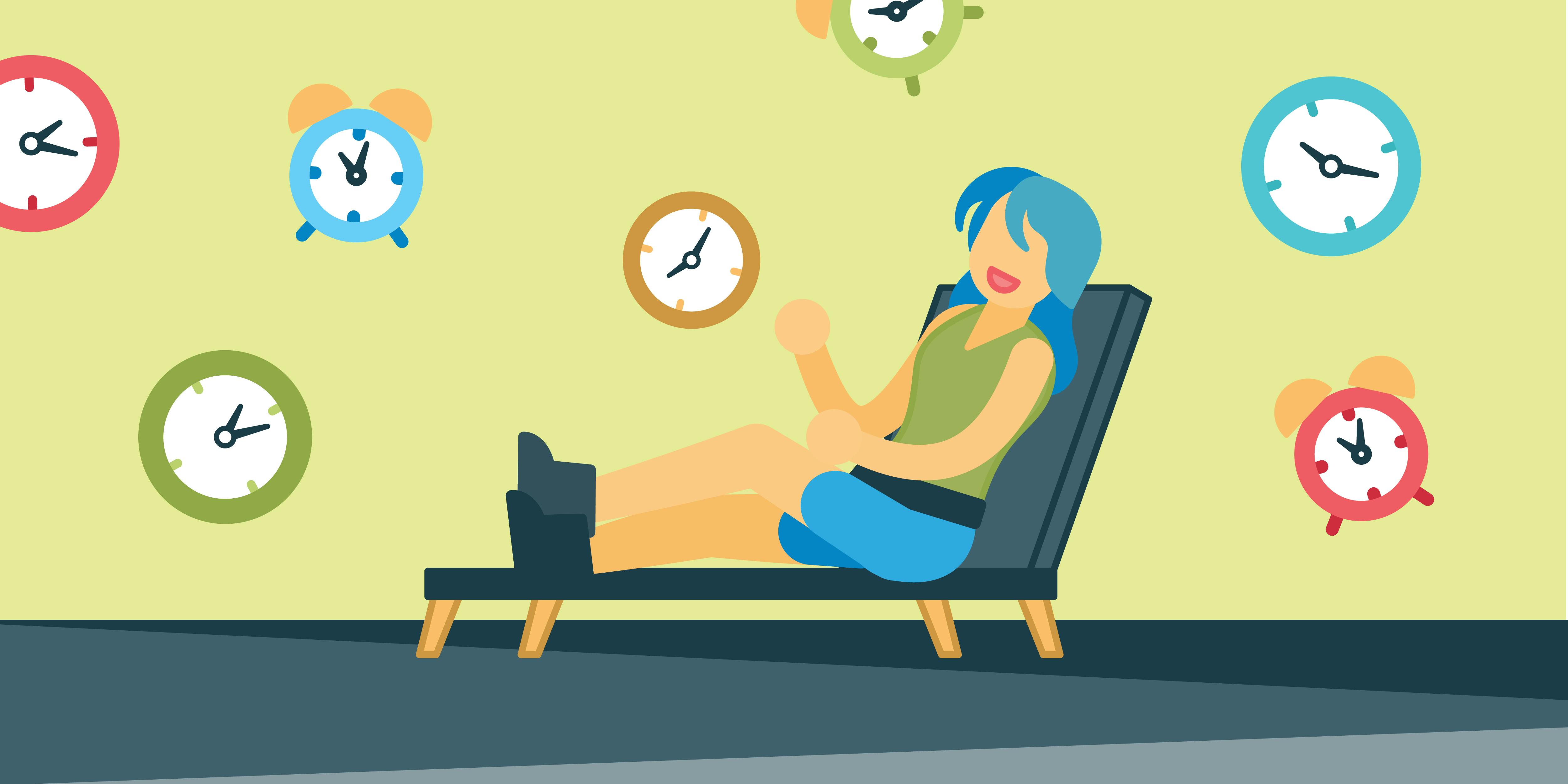 There is no greater mistake a game developer can make than not starting. Right next to that is starting a game and not finishing it. .
There is no greater mistake a game developer can make than not starting. Right next to that is starting a game and not finishing it. .
Game development is a serious undertaking. You’ll make mistakes, you’ll hit bumps in the road, and you’ll want to take breaks. This is completely normal, and pretty much all game developers experience the same frustrations as you might at some points. But never starting your project, or never finishing it?
I joined with a very small team with 3 members, and they were making a really good game. We were doing great for 3 or 4 days, but the man who called Leader messes up his real life and the game.
Yeah, a weekend is a okay. But to be honest, he never returned to that game. 😒
There is a number of people who start to develop a game and when it becomes hard, they miss that and get into another project.
So, when you got an idea for a game, just start it. No need to add new and new features before beginning, start small. It would be great!
When you started your game, don't let obstacles stop you. Your life is also a Game.
2. Not Knowing What To Focus On
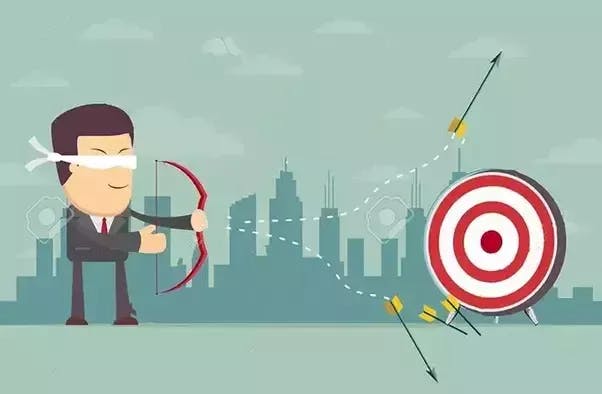 Games are developed by creative people with a passion for the art form. And it is often this passion that drives developers to try and cram in as many innovative features as possible.
Games are developed by creative people with a passion for the art form. And it is often this passion that drives developers to try and cram in as many innovative features as possible.
During the design phase, you’ll end up with plenty of crazy ideas and concepts that on paper sound great. Some of these ideas are genuinely good for the gameplay experience and should be implemented.
But a lot of the other stuff is just filler or simply impractical. Because you find something personally appealing, you might try to implement it within the game. This will further be helped by the fact that you’ve been playing your own game since day 1 of development.
But you also need to think about it from the player’s perspective, one who picks up the game for the first time. Instead of needlessly cluttering the development process and wasting valuable resources, focus on the core of your game. What truly makes it enjoyable, not money. Talk to others in the development team, maybe show a prototype of the ideas to potential players via social media. And consider their feedback, because your personal judgment might be clouded by your love for your creation!
3. Blatantly Copying Ideas From Others
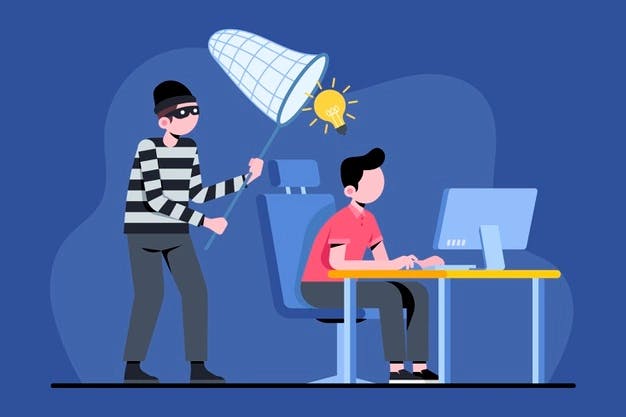 Here’s the deal with the gaming industry- one guy comes up with a brilliant idea that is both innovative and marketable, his game turns into a smash hit. Within months, the market is flooded with rip-offs and clones that use generic assets purchased from online stores.
Here’s the deal with the gaming industry- one guy comes up with a brilliant idea that is both innovative and marketable, his game turns into a smash hit. Within months, the market is flooded with rip-offs and clones that use generic assets purchased from online stores.
No quality control, creativity, or elaborate plan. Just lazy devs trying to make a quick buck off other people’s work. This should not be mistaken with two games sharing the same genre and having similar features, like Fortnite vs PUBG. When asking about the Game before joining the game, they just say
Have you played Reigns? Our game is the same as that with some improved UI and other stuff..
They are developing just an updated version of Reigns, then? Never copy the ideas of others. Think creatively and make something new. Just go to Playstore/Appstore and just search 'Among Us'
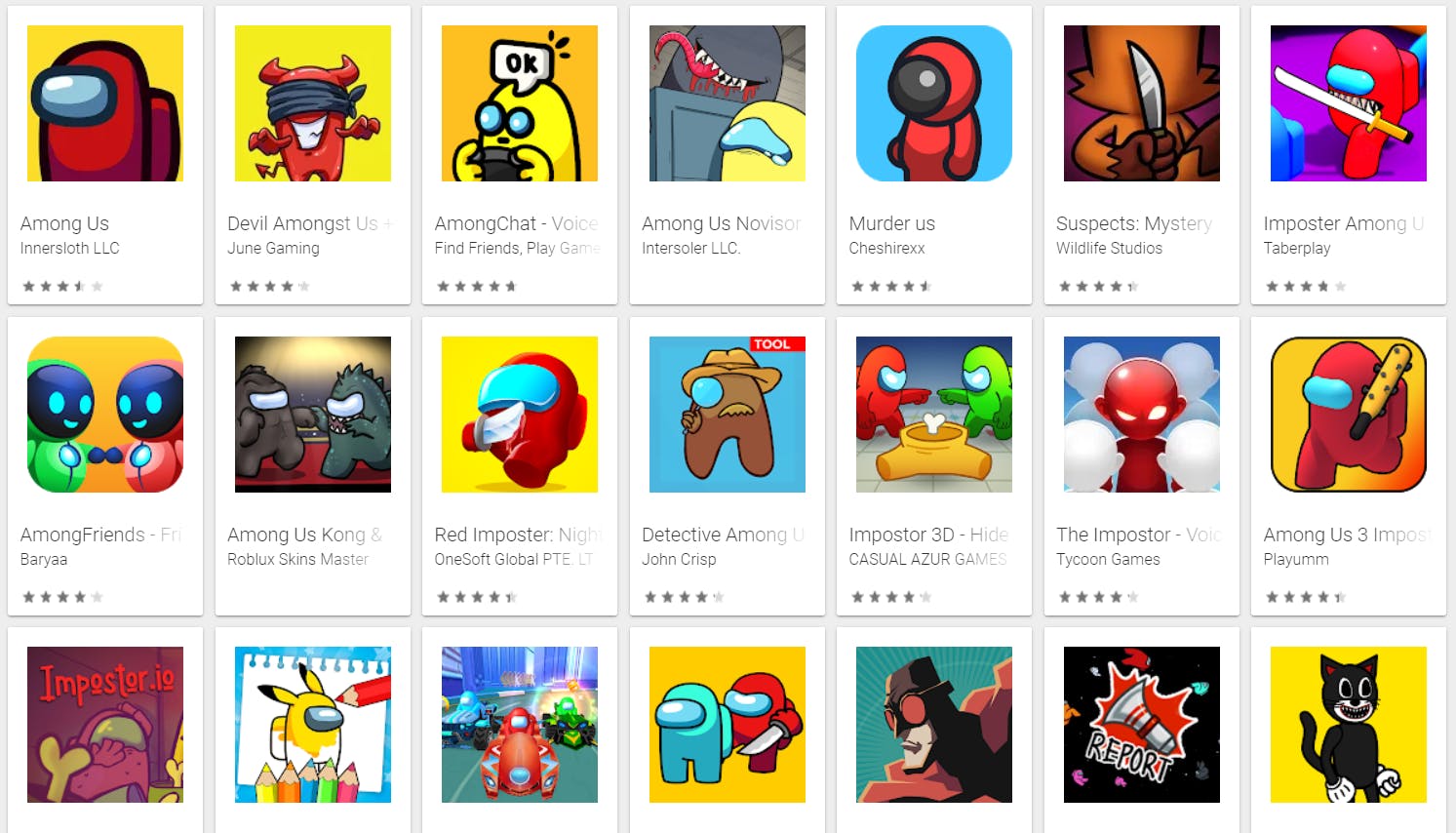
More than 100 games
It is totally okay to get an idea from another game and improve the idea. Don't just make the updated version of existing games.
4. Trying To Create everything Perfect
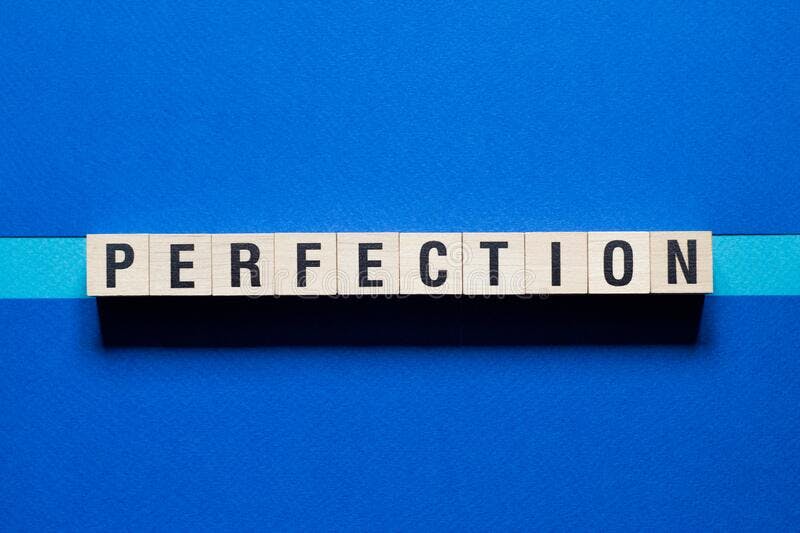 Thomas Edison once said
Thomas Edison once said
I have not failed. I’ve just found 10,000 ways that won’t work.
Failure is not something to be ashamed of, rather an experience to be learned from during the path to success. The greatest games of today were born as weird ideas, that nobody in their right mind would’ve taken seriously before seeing the finished product.
Halo at its core is a game about genetically modified super soldiers fighting invasive space aliens. Mario is an Italian plumber who eats shrooms and jumps around while collecting coins. The developers for these games didn’t create a coherent, perfect product right from the start.
They had a concept, tested it out, bounced ideas between team members, and crawled towards success one step at a time. Failing many times along the way.
A lot of the game developers spend too much time debating if an idea is perfect, and only once they’ve found the perfect idea will they start working on it. But you spend so much time coming up with your version of a “perfect concept” which in the end is just as flawed as any of the other ideas. We are human after all, and making mistakes is part of our nature.
The best games aren’t perfect, they have flaws. Sometimes flaws create a character and make the game even more enjoyable. Nobody wants a perfect character or weapon; they want to see weaknesses. Weaknesses and challenges are what make the journey exciting, like in every anime ever where the main character is really flawed at the start and becomes super strong by the end.
Okay, maybe that’s not the best analogy, but you get the point. Don’t be afraid to fail, and always keep iterating upon your ideas. The whole process is about getting closer to perfection with each consecutive step, you don’t start with perfection.
5. Having unrealistic expectations
 Unrealistic expectations are very dangerous because they set your game development career up for failure. Do not put your expectations so high that you force some things to work your way.
Unrealistic expectations are very dangerous because they set your game development career up for failure. Do not put your expectations so high that you force some things to work your way.
For example, dreaming too big can make you include too many rewards/achievements in your game. As much as rewards are pivotal for improving engagement and keeping users motivated, gamers will not take you seriously if you incorporate rewards in every little achievement they make.
Instead, you should select specific rewards for specific checkpoints; this way, the players will feel that they’ve made major milestones. Just make a document with simple achievements. As an example, make an achievement as "Greedy" when player got a good amount of coins. Just don't make everything as a checkpoint.
6. Attempting to Make a Big Game
 When you are making your first game, there will be an urge to go big. You remember all the epic games you love and decide to create one just like those.
When you are making your first game, there will be an urge to go big. You remember all the epic games you love and decide to create one just like those.
But soon after finishing development, you realize that the result is not satisfactory. Because the game you made is not even remotely as good as the games that have influenced it. This is because the experience is crucial in game development. Attempting a big game at the beginning is just like trying to lift huge weights before you can even lift small ones. You’ll end up disheartened.
The key is to make smaller games when you are a beginner. Take your big idea and narrow it down in scope, keeping just a few of the most basic features. You can make the game bigger, once it becomes a success. You can add all the features you neglected at the beginning in these later stages.
See Among Us. The programming and the other parts behind it are very very simple than a simple shooting game even. But the idea and the concept is the thing that made it a successful game. Small games also can change the gaming world.
So buddies, that what I have to share at all. These are my experience with people so this may not helpful for everyone, but for someone 😊😊Also, remember that I'm not an expert, I'm still learning.! Before you go, read this article by Andrew Baisden, where he shows you how to learn from the mistakes from Cyberpunk 2077. Happy coding!

